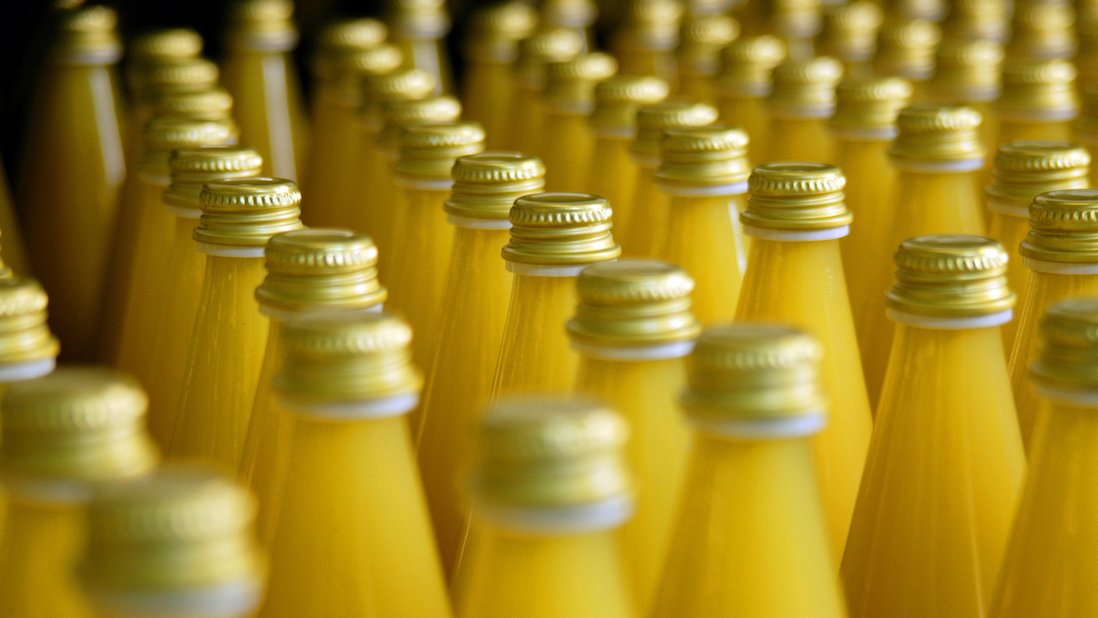Food Technology, Beverage Technology
The availability of high-quality and safe food and beverages is vital for society. However, food must also fulfil special needs (e.g. for infants or diabetics) and meet individual expectations.

Overview of the academic discipline
The quality requirements for food are reaching new dimensions, particularly in terms of health, prevention and functionality. In order to design and further develop gentle processing technology, food must be considered holistically, from the ingredients to nutritional physiology.
Which topics are included in the curriculum?
The degree programmes in this field combine basic scientific knowledge (mathematics, computer science, physics, chemistry, biology) with food-specific, nutritional-physiological, technical, ecological and business management knowledge. In addition, engineering topics such as process and packaging technology, machine and apparatus construction, process automation and biotechnology are taught as well as physical, chemical, microbiological and modern molecular biological analysis methods for quality control. The programme also includes topics such as hygiene, food law, plant sciences and conservation technology.
What are the requirements?
The basis for a successful degree programme is in-depth knowledge of school subjects such as chemistry and biology, maths and physics. Depending on the type of university and college, pre-study work placements in areas relevant to the degree programme are sometimes required.
What study programmes are there to choose from?
The degree programmes in this field range from brewing and beverage technology to food safety and food technology. Some universities offer food technology or food process engineering and food technology within process engineering or bioengineering or chemical engineering. Accordingly, the focus is more on the scientific and engineering fundamentals and less on teaching food-specific material knowledge. In addition, depending on the university, study programmes in pharmaceutical engineering and the technology of cosmetics and detergents are also taught.
It is possible to specialise in milk and dairy management, livestock and meat management or wine management within the agricultural sciences field of study.
The sub-field of alcoholic and non-alcoholic beverages is offered as a specialisation in the food technology degree course and as an independent brewing and beverage technology degree course.
What job opportunities are there after graduation?
Graduates are in demand in the food and life science industry in Germany and abroad. They primarily work in food production/processing, the supply industry and in research.
With increasing professional experience, they often take on management tasks in development, planning, production, quality control and marketing. They work for public authorities, e.g. in food monitoring or trade supervision. There are also job opportunities in the pharmaceutical and cosmetics industry, the chemical industry, biotechnology and environmental technology. Testing and consulting organisations also offer freelance employment opportunities.
